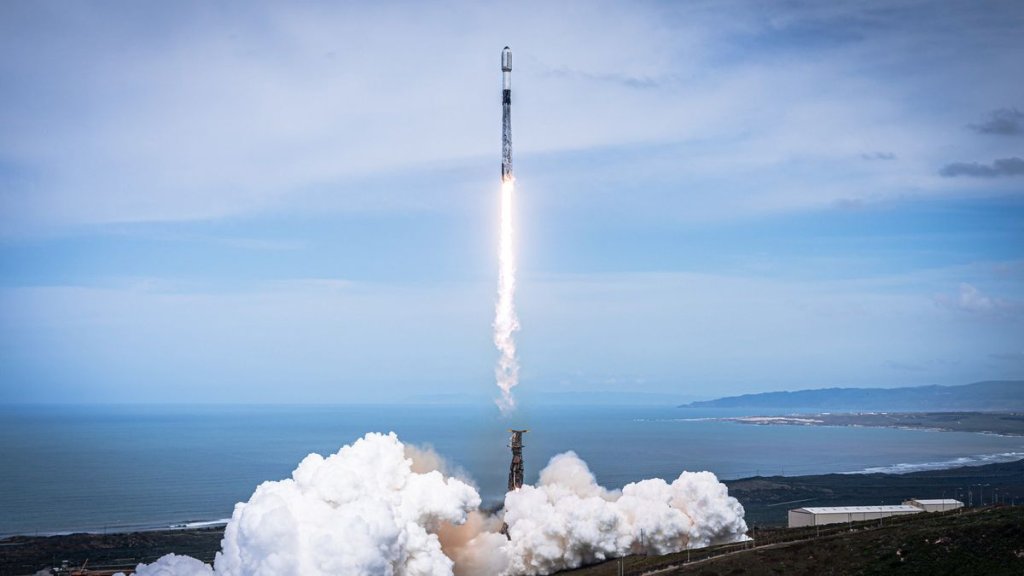SpaceX has signed a contract to loft up to four of Europe’s Galileo navigation satellites over two launches in 2024, according to The Wall Street Journal.
The deal, which Elon Musk‘s company inked recently with the European Space Agency, calls for the Galileo satellites to launch atop Falcon 9 rockets from U.S. soil, The Journal reported on Monday (Oct. 23), citing Javier Benedicto, ESA’s director of navigation. (The story is behind a paywall.)
“The European Commission, the European Union’s executive arm, along with EU member states, must still give final approval for the deal,” The Journal wrote. “That is likely to happen before the end of the year, officials said.”
Related: 8 ways that SpaceX has transformed spaceflight
Galileo is Europe’s equivalent of the United States’ Global Positioning System (GPS), China’s Beidou or Russia’s GLONASS — an orbiting network that allows users to know exactly where they are and helps them figure out where they’re going.
The Galileo satellites orbit Earth at an altitude of 14,429 miles (23,222 kilometers). Twenty-eight of the 1,540-pound (700 kilograms) spacecraft have been launched to date, all of them aboard either Europe’s Ariane 5 rocket or the Russian-built Soyuz.
But Europe ended most of its space cooperation with Russia after the nation invaded Ukraine in February 2022. The Ariane 5 retired recently, and its successor, the Ariane 6, has yet to get off the ground after suffering a series of delays. So SpaceX was pretty much the only option remaining, European officials told the Journal.
The upcoming missions will mark the first time that SpaceX launches EU satellites carrying classified equipment, The Journal noted, and the first time in 15 years that Galileo spacecraft launch from a non-European territory. (Recent missions have lifted off from Europe’s Spaceport in French Guyana.)
“That has prompted the U.S. and the EU to start talks on an agreement to protect classified information in the satellites, officials said,” The Journal wrote.
Galileo became operational in 2016, though Europe continues to build out the constellation, as the upcoming launches show.
The network, which takes its name from the famed Italian astronomer Galileo Galilei, currently consists of 23 operational satellites. In its final form, Galileo will feature 30 spacecraft — 24 active satellites and six orbiting spares.

